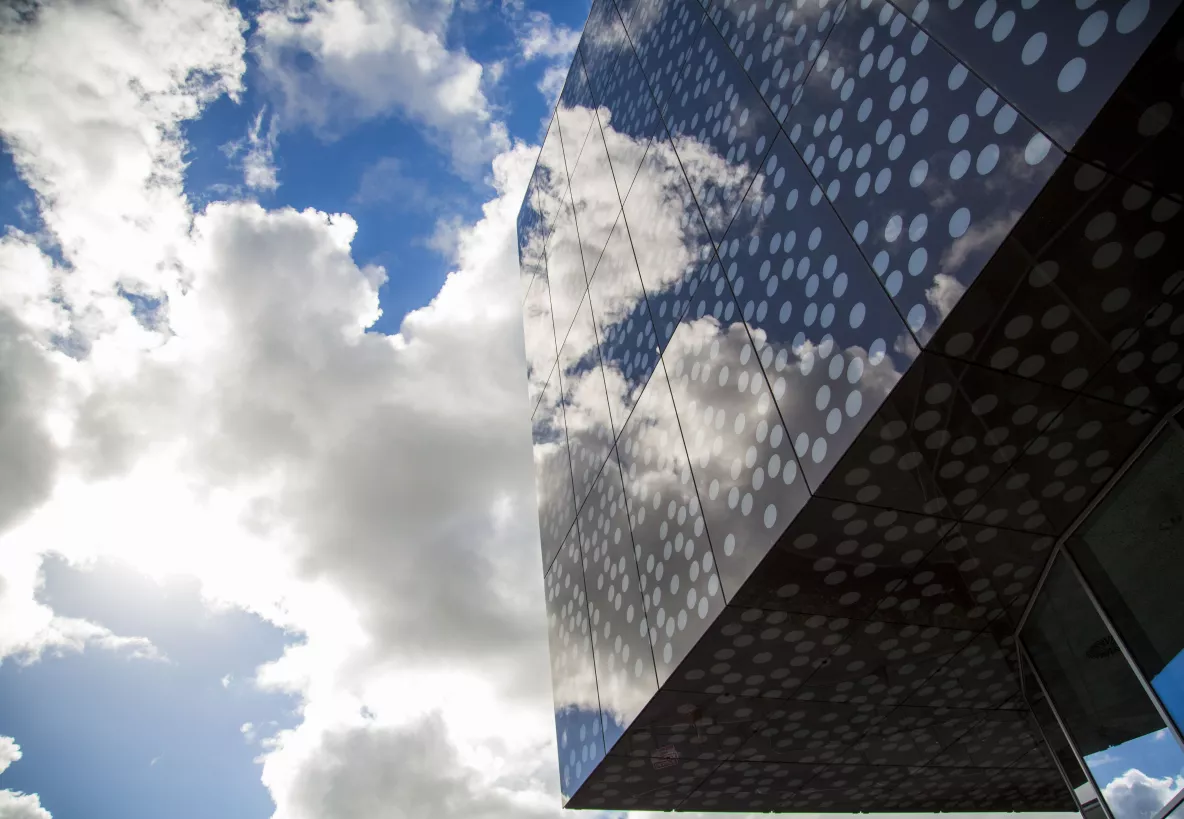
Researchers at University of Limerick are to receive significant funding for projects under the SFI Research Infrastructure Programme.
Almost €4.3m has been awarded to researchers at UL through the programme, announced recently by Minister Further and Higher Education, Research, Innovation and Science, Simon Harris, TD.
The funding will go to the creation of facilities or purchase of equipment which are vital for the advancement of research currently underway. The investments have a strong focus on sustainability with funding to establish a national rechargeable battery fabrication and test facility, sustainable composites, nanopharmaceuticals and electron microscopy.
The total €53.3 million investment in 33 research infrastructure projects through the Science Foundation Ireland (SFI) Research Infrastructure Fund will contribute to the advancement of high-quality and high-impact research activities.
Four projects in total at UL are to receive funding and, welcoming the announcement, Professor Norelee Kennedy, Vice President Research at UL said: “This is a significant success for the awardees and for UL recognising the cutting-edge research being undertaken at the University to support a sustainable society – the investment supports UL’s strengths in materials research hosted at the Bernal Institute that addresses global challenges in energy, environment and health. The infrastructure funded, supporting areas of strength in battery research, pharmaceutical processing, sustainable materials and electron microscopy, will underpin further advancements in these fields.”
Announcing the award, Minister Harris said: “I am delighted to announce €53.3 million in funding through my department that will support and encourage transformative research which will have both a national and international impact.
“The research community on our island has consistently proved itself to be world-class, not least during COVID-19, and continues to undertake cutting-edge, innovative research projects. In order for this community to continue to thrive, it’s essential that they have sustained access to modern infrastructure and equipment.”
Commenting on the investment, Prof Philip Nolan, Director General, Science Foundation Ireland said: “Encouraging and supporting excellent, ambitious and innovative research projects is the core objective of Science Foundation Ireland. The SFI Research Infrastructure Programme was developed with this in mind; in order for researchers to continue to deliver outstanding research and meet evolving and future challenges, we must ensure that they have the tools required for their research.
“The 33 infrastructure projects awarded funding are at the cutting edge and are truly helping us to achieve our goal of delivering today and preparing for tomorrow.”
The UL projects funded are:
- National Rechargeable Battery Fabrication and Test Facility
Lead Applicant: Professor Kevin M Ryan, Department of Chemical Sciences and Bernal Institute
Co-funded by SEAI, this new facility is the first of its kind in Europe. It identifies a significant gap in national resources and will give leading capability in battery research that is competitive at international level. It will allow for state-of-the-art characterisation of novel battery materials with unprecedented detail, allowing better batteries to be developed for a range of applications. and will be a one-stop-shop for battery development, not present anywhere else in Europe.
It will combine electrode fabrication, cell assembly, testing and state of the art materials characterisation within one location for the first time within Ireland.
- Observing materials’ structure and dynamics at the nmscale in environmental conditions and under external stimuli by In-Situ Transmission Electron Microscopy (ObSTEM)
Lead Applicant: Dr Ursel Bangert, Department of Physics and Bernal Institute
A transmission electron microscope (TEM) can characterise the structure of materials not only under stationary conditions and in-vacuum, but also under external stimulus and environmental conditions. In this way one can observe, for example, formation and growth of material phases, and also structural changes, e.g., during heating or electrical biasing.
These studies can be performed at high (near atomic-scale) resolutions and will significantly enhance and complement existing TEM facilities at the Bernal Institute in UL. The infrastructure will therefore enable much more detailed and realistic studies of the properties of materials than was possible so far, enabling more fundamental discoveries of their properties, and empowering applications of these materials in novel appliances and devices, and in their design.
- Next Generation Nanopharma Process Development Platform (NaPRO)
Lead Applicant: Dr Luis Padrela, Department of Chemical Sciences and Bernal Institute
Nanopharmaceuticals have the potential to overcome the current barriers that life-saving medicines are facing to reach the market. However, drug development and launch of novel medicines containing nanomaterials are being hampered world-wide by limitations in the ability to develop robust and scalable compliant methods of production that enable progression from a small production scale (in the mg range) to a commercially relevant scale (in the kg range).
The purpose of this infrastructure is to provide a unique state-of-the-art testbed with new ‘smart’ process systems, which will allow to de-risk the scalability and manufacture of nano(bio)pharmaceuticals and facilitate the adaptation of these technologies to existing industrial facilities. Critically, this capability is not currently available in Ireland.
- Sustainable Composites Processing and Characterisation Suite (SCoPe)
Lead Applicant: Professor Maurice Collins, School of Engineering and Bernal institute
ScoPe addresses the challenge of developing efficient and sustainable composites materials to meet global sustainability demands of an increasing population. It aims to develop a frontier composite materials processing and characterisation suite for the production and characterisation of next generation high performance composite materials to support the engineering industry in Ireland across sectors such as renewable energy harvesting and storage, transport (including agri-machinery), construction, and medical devices.
There is a growing global awareness around sustainability of materials, greenhouse emissions and climate change, while in parallel, fossil reserves are dwindling. This has brought the production of new materials in more efficient ways from sustainable sources into sharp focus.
ScoPe aims to avoid waste accumulation and to promote the circular use of resources via the valorisation of bioresources through sustainable biocomposite materials. This is of crucial importance for the future sustainable development of society.
Find more information about the research infrastructure programme.